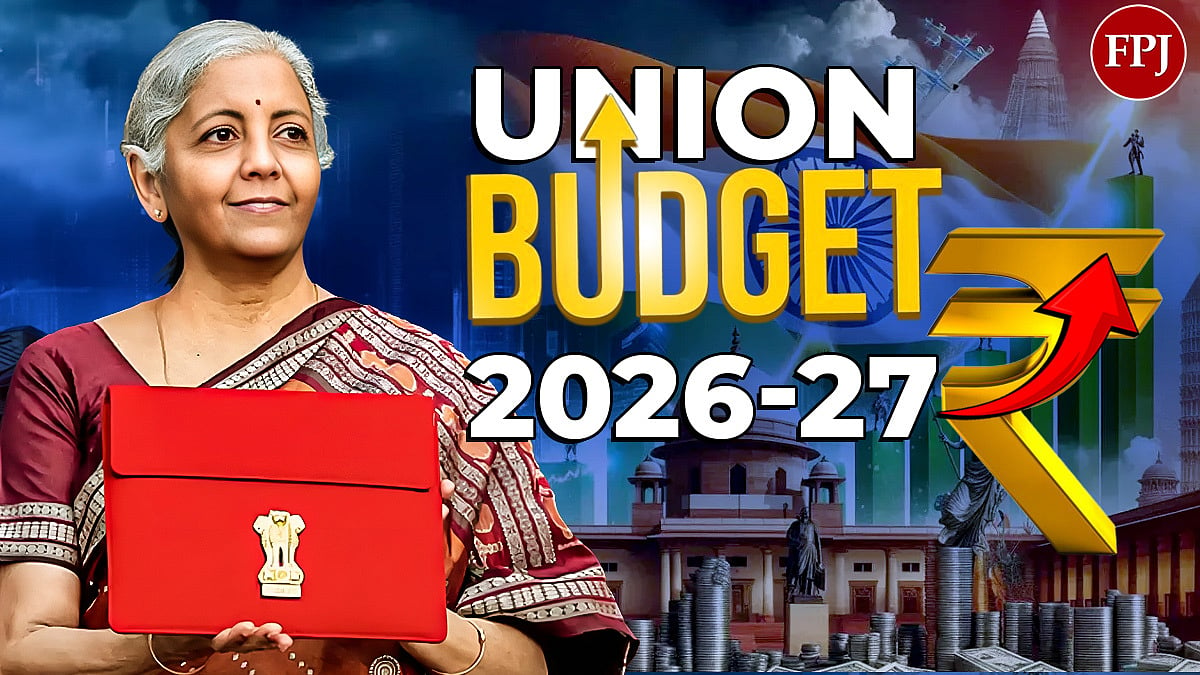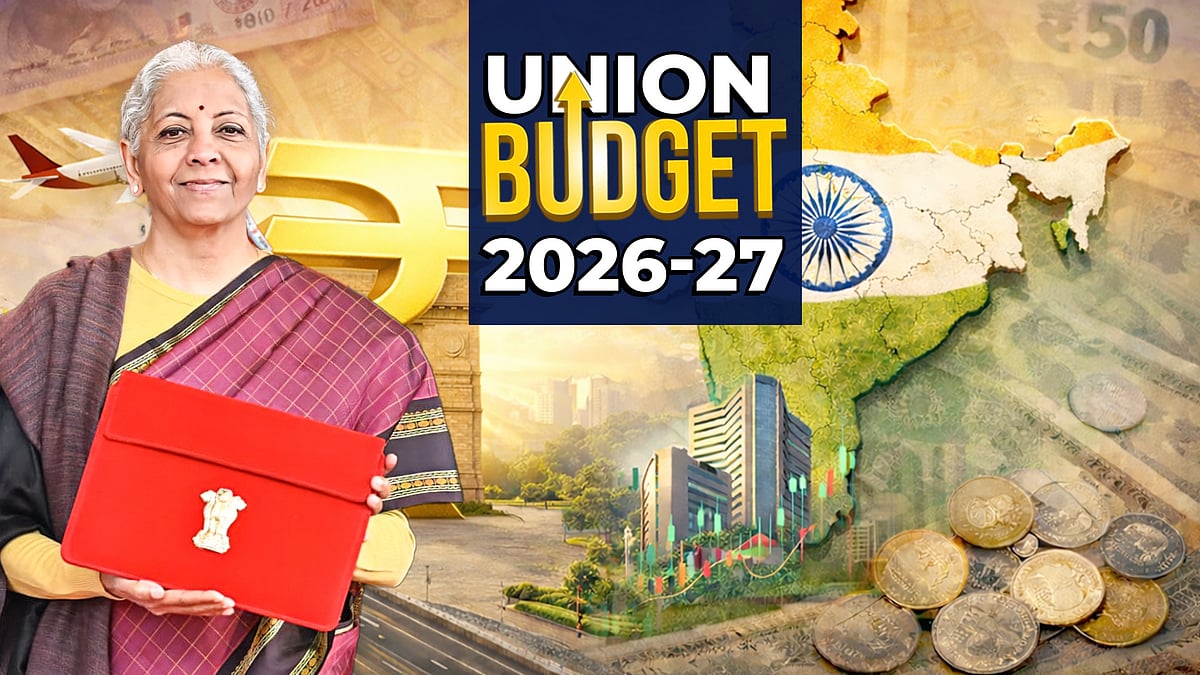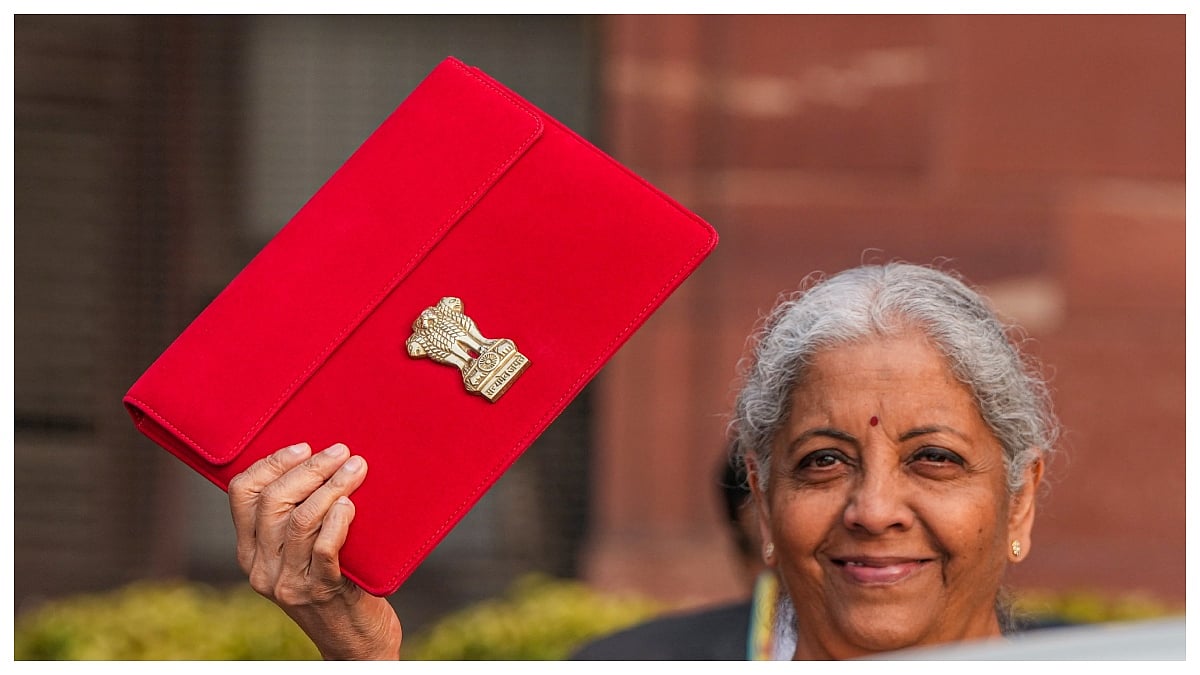The military in Myanmar was always a factor even when the country experimented with controlled democracy. Sharing power with the democratically elected party of Aung San Suu Kyi, founder of the National League for Democracy, the generals this week abandoned the pretence of popular rule.
The bloodless coup by Army Chief Gen. Min Aung Hlaing, led to the arrest of Suu Kyi and a number of newly-elected MPs. The junta imposed a state of emergency for one year, during which it promised to revise electoral rolls and hold a fresh election. The results of the November elections were voided. The NLD had swept the poll, winning 396 of the 476 seats. The army-backed Union Solidarity and Development Party won a mere 33 seats.
Whether the trigger for the coup was the rejection of the army-backed party or the approaching retirement of the army chief is hard to say. In all probability, both factors led to the military coup. Sanctioned by the US for the crackdown on the Rohingya Muslims, Gen. Hlaing could not contemplate life as a civilian after his scheduled retirement in March.
The 2015 military crackdown against the Rohingyas, which led to nearly a million escaping to Bangladesh, was condemned by the US, the UK and the EU. The US imposed sanctions, naming the army chief and a couple of his fellow generals for the brutal repression. They were accused of perpetrating genocide against the Rohingya minority.
Meanwhile, Suu Kyi, the Nobel Peace prize winner, tarnished her image by going along with the army. She personally pleaded the defence of the army when Gambia, a member of the Organization of Islamic Countries, filed a case in the International Court of Justice for war crimes against the Rohingyas. The generals could live with the strictures from the ICJ and sanctions by the western powers, especially given that China was more than willing to cooperate in return for the freedom to exploit its natural resources and to invest in infrastructure projects such as roads, telecom, etc.
India, on its part, had to tread gingerly, not endorsing the crackdown on the Rohingyas which led to tens of thousands entering this country. However, it maintained business-like relations with the ruling regime, given the propensity of the North-East rebels to shelter in Myanmar. Following the coup, India is called upon to do such tight-rope-walking again. It expressed concern at last week’s developments, whereas western countries have condemned the coup.
US President Biden, a known defender of human rights, has called for the restoration of the electoral verdict. Only China is standing by the military junta, espying a further opportunity to colonise the country. India has reason to be wary of the growing Chinese influence. The junta is no less concerned about the creeping Chinese influence but due to its isolation in the world capitals, it feels obliged to cede control to the hegemonic President Xi. The coup is an accomplished fact now, not to be easily undone.









